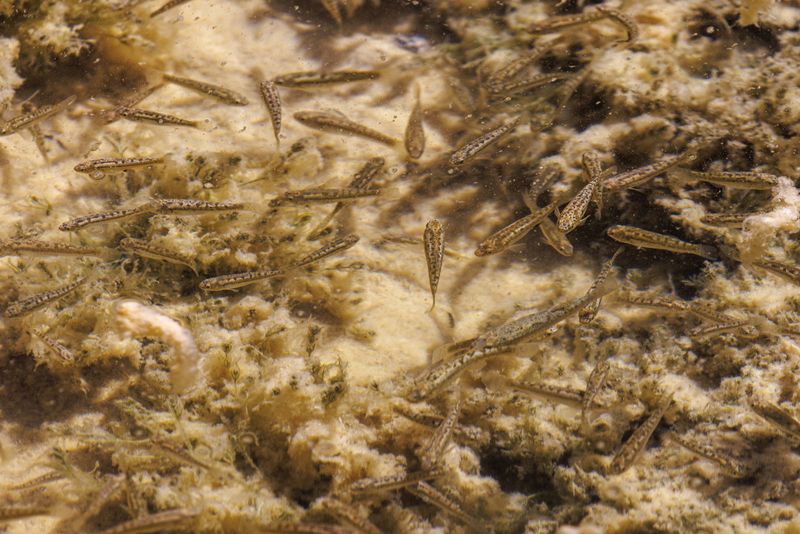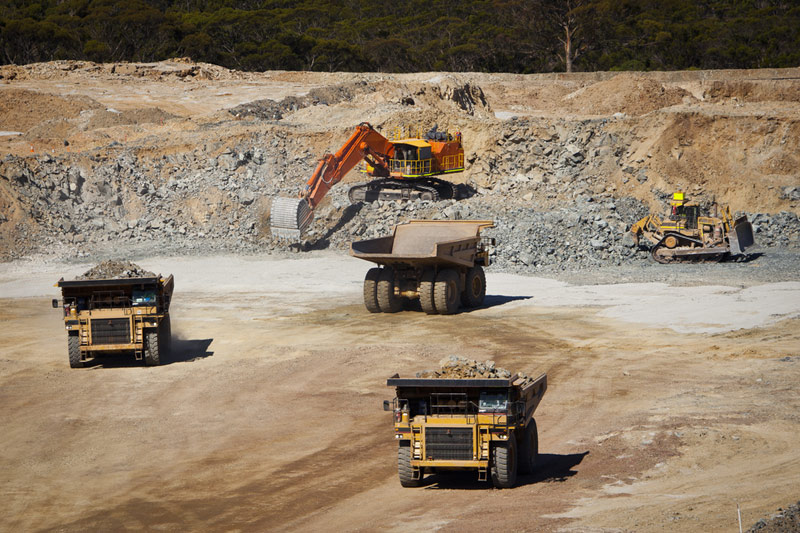ASCOTAN SALT FLAT, Chile (Reuters) – At more than 3,700 meters (12,000 feet) above sea level, the “karachi” swims happily in dense salty waters, but locals fear a future lithium project will endanger this fish in extreme conditions.
The Orestias ascotanensis is a small ray-finned fish that grows to only 7.5 centimeters in size, but has adapted to the high concentrations of heavy metals and variable salinity of the Ascotan Salt Flat.
The salt flat also experiences high solar radiation and temperature fluctuations that reach 26 degrees Celsius (79 Fahrenheit) during the day and below freezing at night, according to Marco Mendez, a professor at the University of Chile who studies evolutionary biology.
Scientists at the Millennium Institute’s Genome Center have studied the fish and found genes that allow it to withstand every element of its hostile environment, from solar radiation to heavy metals to low oxygen levels.
The fish has also evolved to do it quickly.
“We have seen how they have done this in a short evolutionary time, because other variants of this fish exist in less hostile environments,” says Miguel Allende, director of the institute.
“They’ve taken these genes and made them worse.”
Although the fish can survive extreme conditions, it still needs an environment to live in. Residents say mining has reduced the fish population due to water extraction.
“That’s what hurts them: if they take the water, the fish die,” said Mauricio Anza, a local resident, who said people in the area are working to preserve the area’s flora and fauna.

But Ascotan is also one of the salt flats where the government plans to launch a private lithium mining project, something locals and experts say must be guaranteed to protect the ecosystem.
“Although the activity is important from an economic point of view, it must be carried out with the aim of ensuring that this very specific environment is not lost forever,” Allende said.
(Reporting by Rodrigo Gutierrez for Reuters TV, writing by Fabian Cambero; editing by Alexander Villegas and Sandra Maler)


